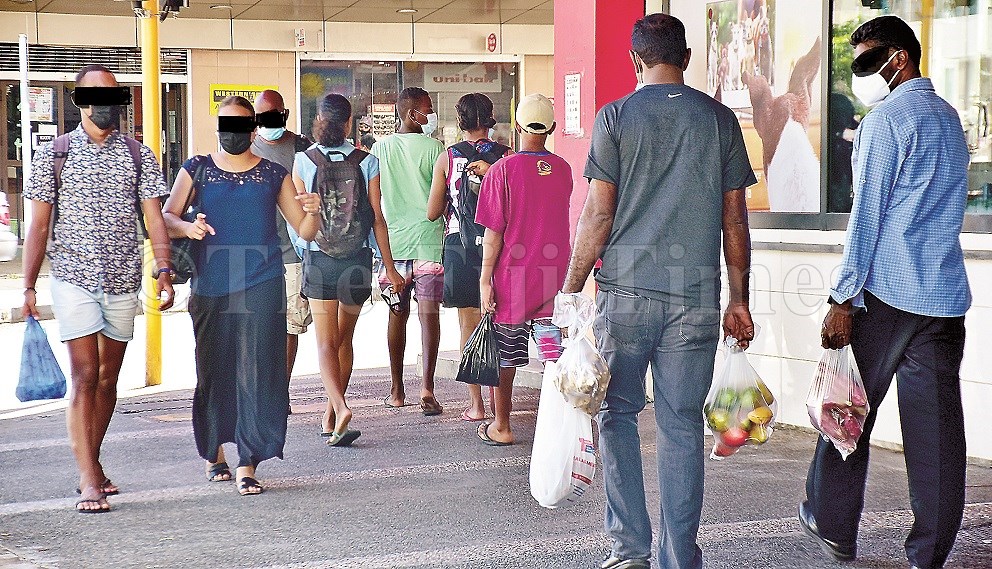There are many things you can do in Fiji these days when reaching the age of 18. You can drive a car, get married if you are a male (female at 16) and even enter a bar and order an alcoholic drink. Many countries set the base legal age at 18 years old.
The common belief is, at 18 we supposedly gain control over our own actions and affairs and become responsible for the decisions we make. Also, the milestone age entitles someone to take part in something very important – voting in an election.
Under the Fiji Constitution, every citizen 18 years and above can registers as a voter, can vote and can be a candidate for public office. Before the 2014 election the minimum voting age was 21.
Reducing the legal voting age to 18 allowed young people to take part in nation-building and decisionmaking. If you are 18, the upcoming election is an event you should not miss.
If you are an adult or parent, you have a duty to encourage young people at home to be an active participant in the decision-making, democratic and development processes of the country.
That includes elections and politics. Voting is not only a young person’s right. More importantly it is duty one shares with other citizens. But voting, as it is, is a boring affair. Lining up to cast a vote is tiring (especially when you do it in the sun or rain).
It chews up time. It can be costly to those who have to travel long distances to cast a vote.
Sometimes were feel that voting is a waste of time and our votes would not change the way things are. Never feel that way. Your vote counts! To like it and find value in it, voting must become a habit and an 18-year-old should have a willingness to participate.
And for these to happen, issues pertaining to elections must be taught, facilitated and nurtured.
Government, institutions, civil society, adults, political parties all have a role to play in this civic education exercise. Young people need to acquire the necessary knowledge and skills to enable them to participate.
The more they participate the more they will inculcate and exhibit democratic values and over time, this becomes a way of life.
This is how we create a country where its citizens are responsible, honest, lawabiding and respect human rights.
But like most personal habits and routine, the earlier one develops them, the easier they are practised and the better the chances of them influencing the way we think and act.
If you are not 18 yet, you can still take part in the election process. You may not be allowed to vote but you can still get involved in a wide range of activities.
Get informed
Develop an interest in local and international politics. Read the newspapers, listen to the radio, watch TV and engage on social media platforms.
Voice your concerns
Voice your opinions on social media, write a letter to the editor, join a peaceful protest and attend public consultations.
Share information
Share with others knowledge you have. Be curious about politics and ask if you don’t understand an issue.
Volunteer
If you support a political party, join its youth branch and take part in fundraising drives, public outreach and charity events for the disadvantaged.
Support a candidate
Try joining a campaign events. In your spare time, attend political rallies and listen to debates.
Participating in elections can be fun and fulfilling. As a young person, remind yourself how lucky you are to have the opportunity to vote and be part of an important national process and event, because many people around the globe do not enjoy the right to vote and participate in the government of their country.
Until we meet on this same page same time next week, stay blessed, stay healthy and stay safe.



